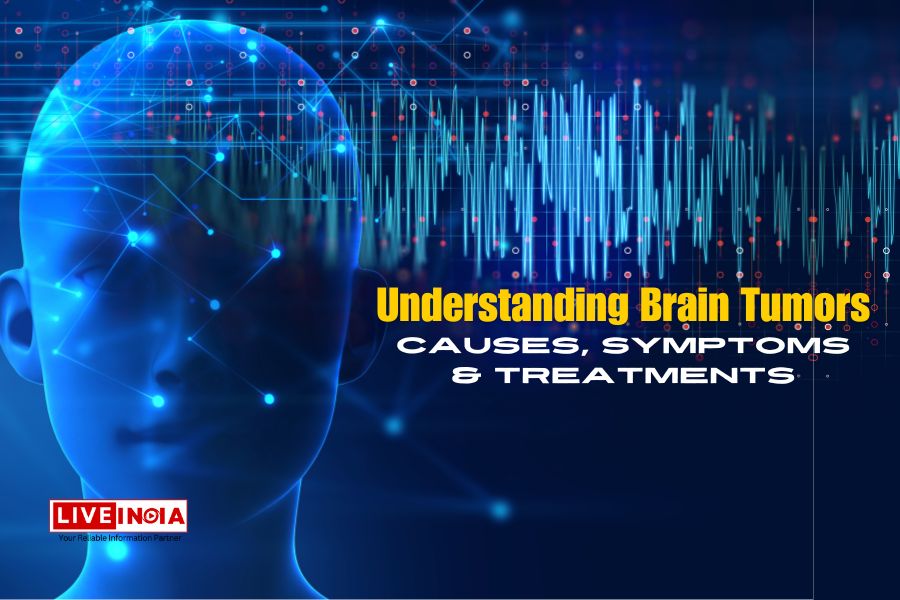Brain Tumor Day, observed annually on June 8th, is dedicated to raising awareness about brain tumors and supporting those affected by this challenging condition. This day serves as an important reminder of the need for early detection, advanced research, and comprehensive care.
Understanding Brain Tumors
A brain tumor is an abnormal growth of cells within the brain or central spinal canal. These tumors can be benign (non-cancerous) or malignant (cancerous), and they vary greatly in their growth rates and potential impacts on brain function. Understanding the basics of brain tumors is crucial for early detection and effective treatment.
Causes
The exact cause of brain tumors remains largely unknown. However, several factors may increase the risk of developing a brain tumor, including:
- Genetic Factors: Certain inherited conditions, such as neurofibromatosis and Li-Fraumeni syndrome, can predispose individuals to brain tumors.
- Radiation Exposure: Previous exposure to ionizing radiation, such as radiation therapy for other cancers, can increase the risk.
- Family History: A small percentage of brain tumors occur in individuals with a family history of brain tumors.
Symptoms
Symptoms of a brain tumor can vary widely depending on the tumor’s size, type, and location. Common symptoms include:
- Headaches: Often severe and persistent, frequently worse in the morning or when lying down.
- Seizures: New onset or a change in pattern of existing seizures.
- Cognitive or Personality Changes: Memory problems, confusion, and changes in personality or behavior.
- Motor or Sensory Loss: Weakness, numbness, or difficulty in walking.
- Vision or Speech Problems: Blurred vision, double vision, or difficulty speaking.
Diagnosis
Diagnosing a brain tumor typically involves a combination of medical history evaluation, neurological exams, and imaging tests such as MRI or CT scans. In some cases, a biopsy may be performed to determine the tumor type and guide treatment options.
Treatments
Treatment for brain tumors depends on the type, size, and location of the tumor, as well as the patient’s overall health. Common treatment options include:
- Surgery: Removal of the tumor, which is often the first step if the tumor is accessible.
- Radiation Therapy: Using high-energy beams to destroy tumor cells.
- Chemotherapy: Using drugs to kill cancer cells, often used in conjunction with other treatments.
- Targeted Therapy: Using drugs that target specific molecules involved in tumor growth.
Prognosis
The prognosis for brain tumor patients varies widely based on the tumor’s type, location, and how early it is detected and treated. Advances in medical technology and treatment options have improved outcomes for many patients, making early detection and treatment crucial.
Understanding brain tumors and their potential impact on health is essential for early diagnosis and effective treatment. If you experience persistent symptoms such as severe headaches, seizures, or changes in vision or speech, it is important to seek medical attention promptly.

